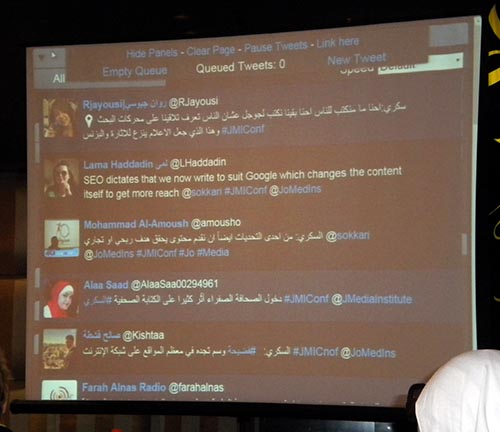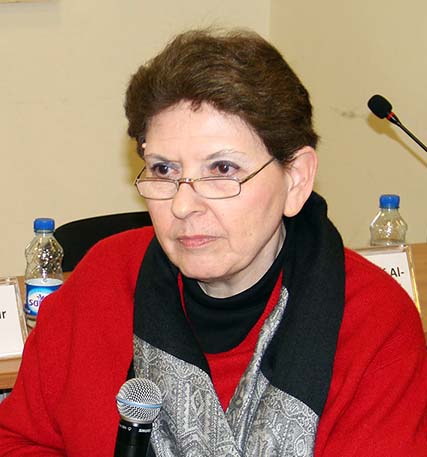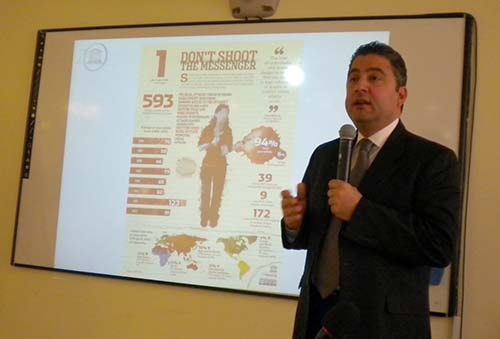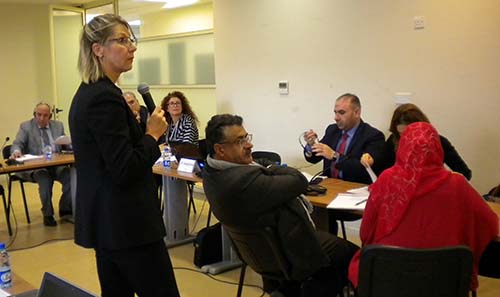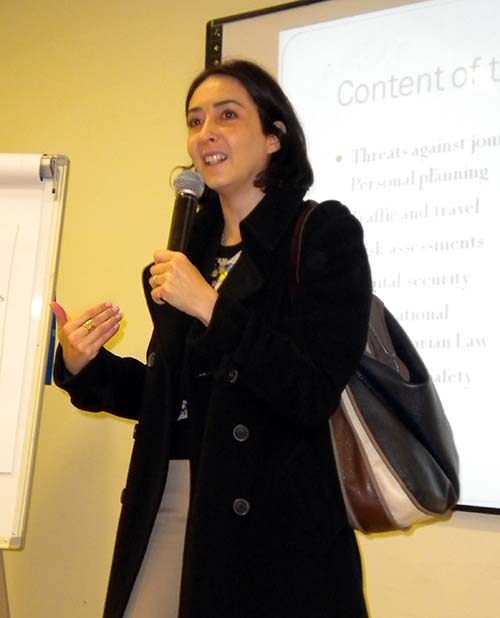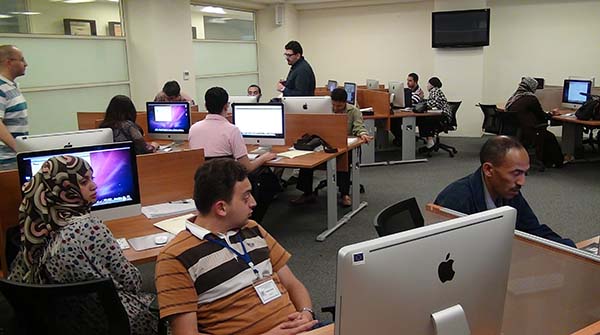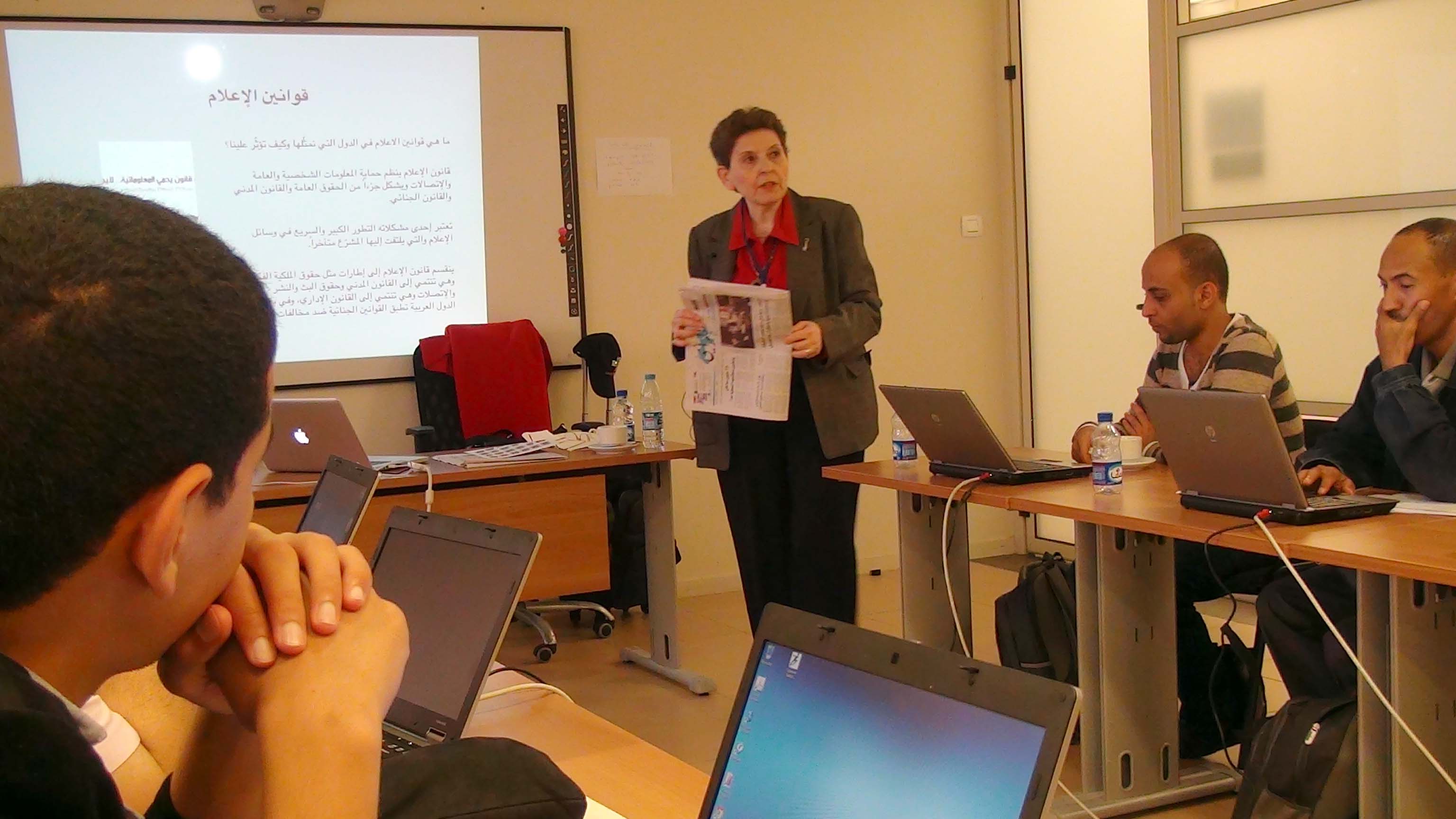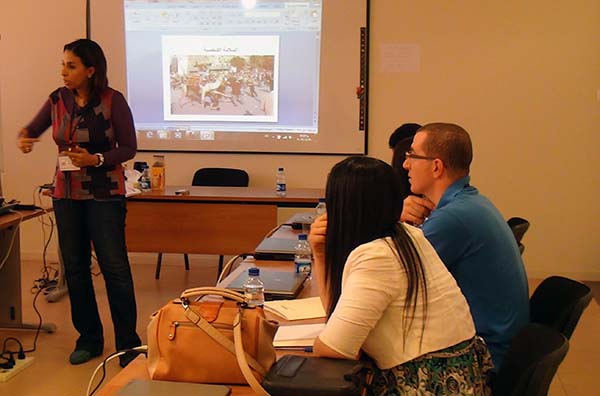It bears repeating: media ethics aren’t a one-off endeavor and shouldn’t be a priority only when trouble brews.
Media Unlimited director Magda Abu-Fadil made the point during the “Radio and Television Broadcasting Conference: Policies, Transformations, Challenges” organized in Amman by the Jordan Media Institute in May 2015.
She said broadcast media were under intense pressure, given tight deadlines, security threats, competition and shrinking budgets.
So the key challenges are: how do we define media ethics and who sets the standards when the journalism of terror is becoming the new normal?
Abu-Fadil spoke about representatives of major Western media who addressed the issue of “The journalism of terror: How do we bear witness when everybody is a witness?” at the International Journalism Festival in Perugia, Italy in April.
Given the unstable security situation in many countries, broadcast news is relying more and more on footage and reports from alternative and questionable sources like citizen journalists, terrorists, activists, NGOs, governments and others.
Abu-Fadil cited several broadcast, online and social media case studies from Arab and Western news organizations that were clear violations of ethical standards.
She wrapped up her presentation with the “Guide to Online Media Ethics in Arabic” and the guidelines for graphic content of the Radio Television Digital News Association in the U.S.


